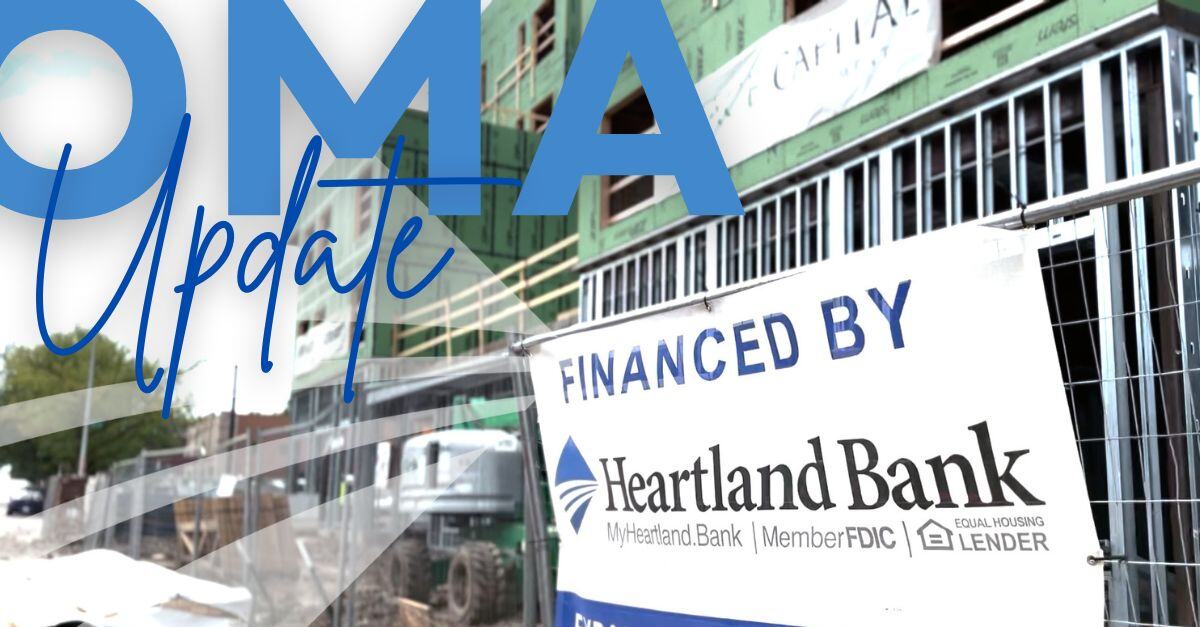Fraudsters are getting smarter, and small businesses are now prime targets. From fake BOI filings to urgent payment scams, learn how to spot red flags and protect your business.
In today’s fast-paced digital world, fraudsters target businesses of all sizes, and small businesses are especially vulnerable. Whether it’s a payment scam or a fake filing request, one thing is clear: education and vigilance are your business’s best defense.
Fraud Prevention Starts with Awareness
Many small businesses mistakenly believe that scammers only target big corporations. However, statistics show that one in three small businesses experiences at least one fraud attempt yearly. For many, a single successful scam can have devastating financial consequences.
Start by educating your employees on common scam tactics. One frequent technique? A sense of urgency. If you receive a message that demands immediate action, especially one that appears to come from a supervisor or executive, stop and assess:
-
Is this a regular request from this individual?
-
Is the amount typical?
-
Does the timing make sense?
-
Can you verify the request using a separate, known contact method?
-
Are there unusual grammatical or spelling errors?
Best Practices to Prevent Business Payment Fraud
Implement these steps to reduce risk:
-
Use invoice numbers consistently, following a unique format to differentiate your business.
-
Automate manual processes where possible to limit human error.
-
Manually verify that account names match account numbers—financial institutions rarely check this.
-
Secure your accounts payable systems against cyber threats.
-
Vet all new or one-time suppliers through a formal approval process.
-
Implement internal controls like segregation of duties—never let one person handle an entire transaction from start to finish.
Segregation of duties is especially critical in protecting your business from internal fraud, which is often harder to detect.
BOI Filing Scams: What You Need to Know
As of March 2, 2025, the Financial Crimes Enforcement Network (FinCEN) has issued an interim final rule removing the requirement for U.S. companies and U.S. persons to report Beneficial Ownership Information (BOI) under the Corporate Transparency Act (CTA).
Now, only foreign entities that are formed under the laws of a foreign country and registered to do business in the U.S. are considered “reporting companies.” These entities must file BOI with FinCEN only if they meet the new criteria and do not qualify for an exemption.
U.S.-created companies and their beneficial owners are no longer required to file BOI. U.S. persons who are beneficial owners of foreign reporting companies are also not required to report.
For more details, visit: FinCEN News Release
What This Means for BOI Scams
Despite this update, a new wave of scams is targeting businesses related to BOI filings. Fraudsters are taking advantage of the confusion around the Corporate Transparency Act by sending out official-looking forms with fake fees and misleading instructions. These scams are not from FinCEN and could put your organization at risk.
Common Scams to Watch For:
-
Form 4022 – Sent by the fake “United States Business Regulation Department,” requesting $117 for a “Mandatory Beneficial Ownership Report.”
-
Form 5102 – From the phony “Annual Records Service,” asking for $119 as an “updated” version of Form 4022.
-
C.P.S. Form – Claims to help submit BOI paper filings for $175–$195. Note: FinCEN does not accept paper filings.
Falling for these scams could result in missed deadlines, non-compliance penalties, or loss of sensitive business information.
How to Protect Your Organization from BOI Filing Scams
-
Only file through FinCEN.gov. Filing is free and secure.
-
Ignore unsolicited forms or emails requesting BOI fees.
-
Verify all correspondence by contacting FinCEN directly if anything looks suspicious.
-
Educate your team so employees can recognize and report scams.
The U.S. Department of the Treasury is investigating these fraudulent entities, but staying informed and vigilant is your best defense.
Stay Safe, Stay Compliant
Business fraud constantly evolves—from phishing attempts and payment scams to fraudulent regulatory forms. Protecting your organization requires a combination of strong internal controls, employee education, and a healthy dose of skepticism.
Fraud prevention starts with knowledge, and every business, big or small, has the power to protect itself.
Heartland Bank is a family-owned community bank serving 15 Nebraska locations, committed to improving the lives of our customers, associates, and communities. We’re proud to be a seven-time honoree on American Banker’s Best Banks to Work For list.

.png?width=788&height=412&name=Blog%20Banner%20(16).png)
-1.png)
.png)
-1.png)
-1.png)
-1.jpg)
.png)

.png)
.png)
.png)
